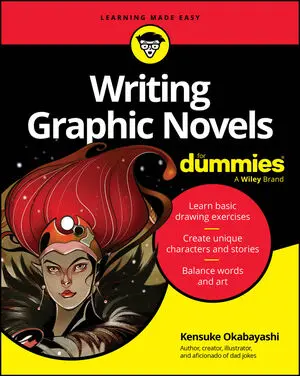Transform your life experiences into a captivating memoir! Here’s a quick guide to get you started on capturing the essence of your story.
What makes your story unique?
- Your One-Sentence Pitch: Can you boil down your memoir’s premise to a single, powerful sentence? This helps focus your writing.
- Your Ideal Reader: Who do you most want to connect with through your story? Keep their interests and experiences in mind as you write.
- Your “X-Factor”: What makes your story different? Is it a unique perspective, an extraordinary experience, or a relatable struggle?
- Your Growth: Who did you become? What lessons did you learn?
Finding your narrative thread
- Brainstorming Sparkplugs:
- My most pivotal turning point . . .
- The person who influenced me most . . .
- A time I felt truly lost . . .
- A defining childhood memory . . .
- Small Moments, Big Themes: Explore seemingly ordinary moments that reveal something larger about you, your journey, or life in general.
- Age-Specific Prompts:
- Childhood: A favorite toy, a schoolyard experience, your imaginary world
- Adolescence: First crush, a defining act of rebellion, a moment of belonging (or not)
- Young adulthood: A major decision, a life-changing trip, a significant relationship
- Adulthood: A career highlight/setback, a profound realization, navigating parenthood
The essential memoir toolkit
- Sensory Details: Engage the reader’s senses. What did you see, hear, smell, taste, touch?
- Emotional Honesty: Don’t shy away from difficult emotions. Vulnerability adds depth.
- Show versus Tell: Use vivid scenes and dialogue to let the reader experience the story with you.
- Narrative Arc: Guide your reader through your growth and change. Consider the traditional story pyramid (exposition, rising action, climax, falling action, conclusion).
Questions to deepen your writing
- Central Theme: What underlying message does your story convey?
- Internal Conflict: What were your biggest internal struggles along the way?
- Authentic Voice: How can you best express your unique personality and perspective on the page?
- Revision Checklist: Does this scene advance the plot, reveal character, or connect to your theme?
Memoir opening lines that hook
- Action: “I slammed the car door and ran for my life.”
- Dialogue: “You’re sure you want to do this?” the doctor asked.
- Reflection: “It wasn’t until years later that I understood . . .”
- Atmosphere: “Our house always smelled of cinnamon and old books.”
People in your memoir
- Permission: If including deeply personal stories about others, consider asking for permission if possible.
- Fairness: Strive to portray others with both honesty and empathy.
- Anonymity: You can change names or details to protect others’ privacy if necessary.
Memoir is a journey of self-discovery. Trust the process and let your story unfold — the most important thing is to start writing!






